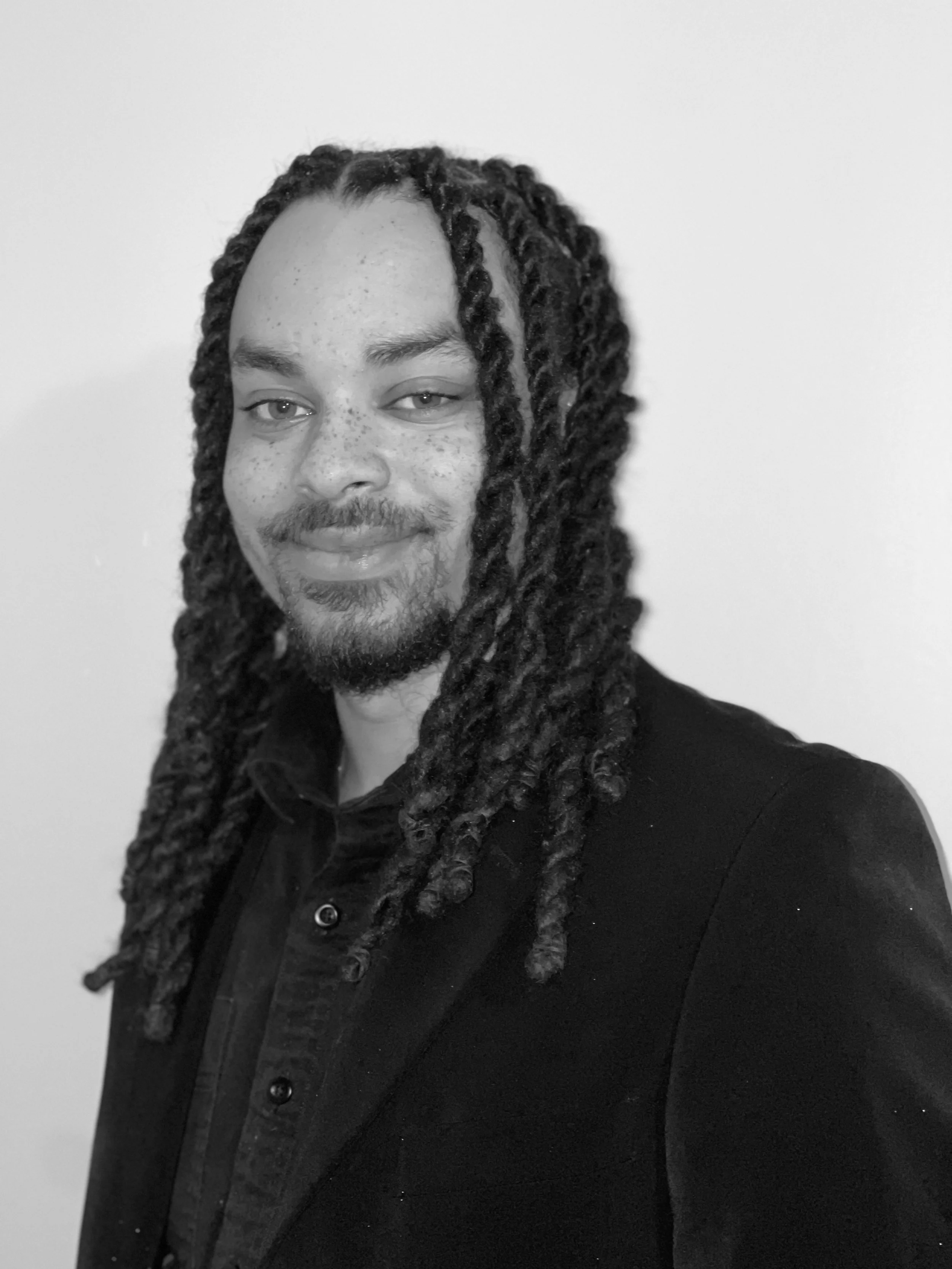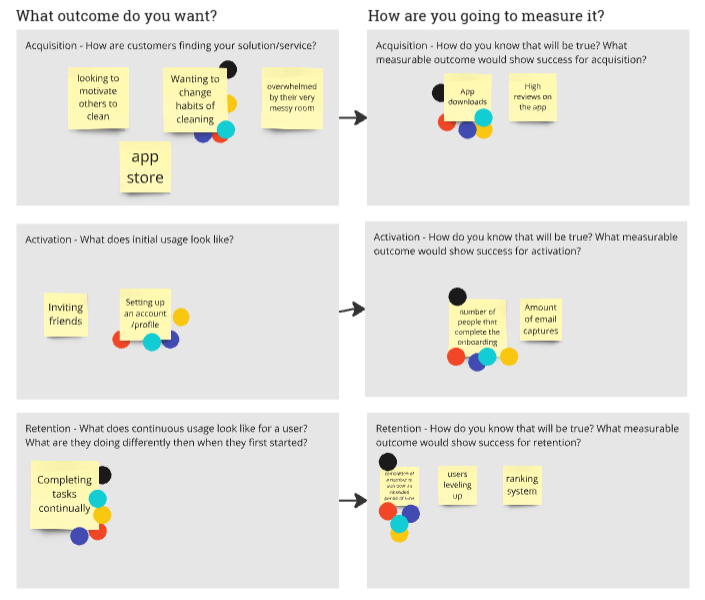Tidy Time
Cleaning apps emphasize scheduling but overlook actually motivating users to clean, a gap our product aims to fill.
Agile UX project for Interactive design class at Kennesaw State University
Client
Kennesaw State University
Start Finsih
10/3/2023 - 11/28/2023
Meet the Team
-

Sarah Pearson
Team lead
-

John Grundorf
DESIGNER
-

Matthew McNair
DESIGNER
-

Gahyun Kim
DESIGNER
-

Justin Graham
DESIGNER
Overview
Using agile methodologies, the project aimed to address the challenge of motivating users to clean. We identified motivation as a crucial factor in the cleaning process, one that is often overlooked in cleaning applications and cleaning routines in general. To guide our design, we created two proto-personas—Dirty Dan and Dirty Diana—who would represent the primary and secondary users of our service. Our solution was modeled around these two personas to ensure it met their specific needs and motivations.
Throughout the project, we used various Agile UX methods, such as conducting user interviews, weighing both business and user outcomes, feature prioritization, and experiment design. We worked in 2-3 week sprints, allowing us to and refine our solution based on continuous feedback and testing, ensuring we stayed aligned with both user needs and business goals.
Brainstorm
Before we actually started, we got together to brainstorm different ideas. We wanted to get a feel for how each of us thought the product should look and function. It was a good way to not only come up with different ideas early on but also gauge our individual strengths and weaknesses.
Metrics
Metrics are a key part in determining the success of a new product. For this phase we mapped out different ideas of how our product should preform and its success would be evaluated.
Personas
The two personas were representations of people that would use our application. They both have different needs and cleaning styles. They also belong to different age groups to ensure an enjoyable experience for everyone.
Once we figured out our different personas we started to brainstorm different hypothesis statements for those personas based on our metrics, so that we knew how to measure our success.
Hypothesis Statements
The hypothesis statement defines a clear assumption about how a design change will impact the user experience. It guides testing and decision-making by providing a basis to measure whether the change improves user behavior or satisfaction.
We created a series of if-then statements to represent our goals and how we would know we achieved them. This approach allowed us to test our designs for quantifiable results, rather than designing based on intuition alone.
Risk and Value
We created a diagram that mapped out each hypothesis, prioritizing outcomes based on risk and value. The ones perceived as high-risk and high-value were prioritized for testing, along with a few others if time allowed.
This method is designed to optimize time by focusing on testing only the most important features of the product, ensuring that in Agile UX, we prioritize efforts on what truly matters.
Recording Our Findings
Throughout this process we took various notes and organized them into groups that could help us in our product development. We did this for every interview until we built a strong understanding of what the users wanted and didn’t want.
Our team spent three weeks working on solutions to the cleaning motivation problem and conducting user testing on different aspects of our design.
The first experiment we conducted focused on the notification system. We wanted to determine whether users would be more motivated by dismissible or non-dismissible notifications. Over the course of the week, we sent out three different tasks using both notification styles. Our findings concluded that non-dismissible notifications, where users could only choose to reschedule, were more effective.
The following week, we shifted our focus to testing the timer feature. We hypothesized that showing users how long a task would take to complete could increase motivation. To test this, we invited three volunteers into a messy room and had them clean while using a timer. Afterward, we interviewed them about their experience and found that the timer was indeed effective in motivating them to complete the task.
Sprint 1
Sprint 2
The next three weeks were spent conducting more user testing and finalizing the product.
The first experiment in sprint two focused on the leaderboard feature. We thought it would be fun and motivating for users to compare their cleaning times to others. We invited three volunteers to clean a whiteboard in our classroom, recording their times through the application. Each participant was able to see the times of others before completing the task. Our findings showed that users weren’t particularly motivated by the times of strangers, but were more driven by the times of their friends.
In the following week, we conducted general user testing of the application and refined any necessary changes. We took into account user feedback, such as making the app more visually appealing and replacing the previous star-based reward system with coins for completing tasks.
The Solution
What we came up with is an app that motivates users to clean through gamification while also serving as a time scheduling app.



























